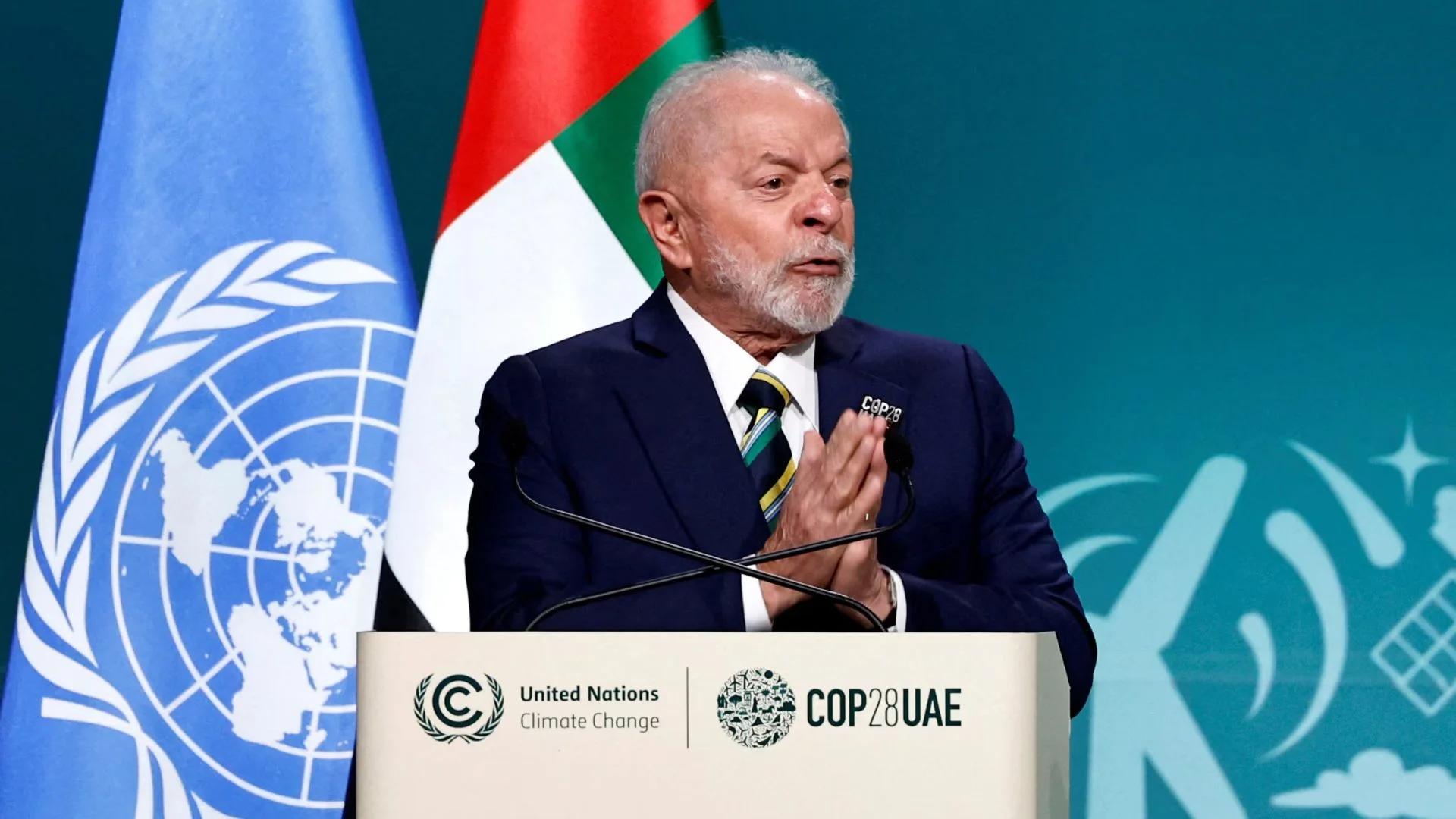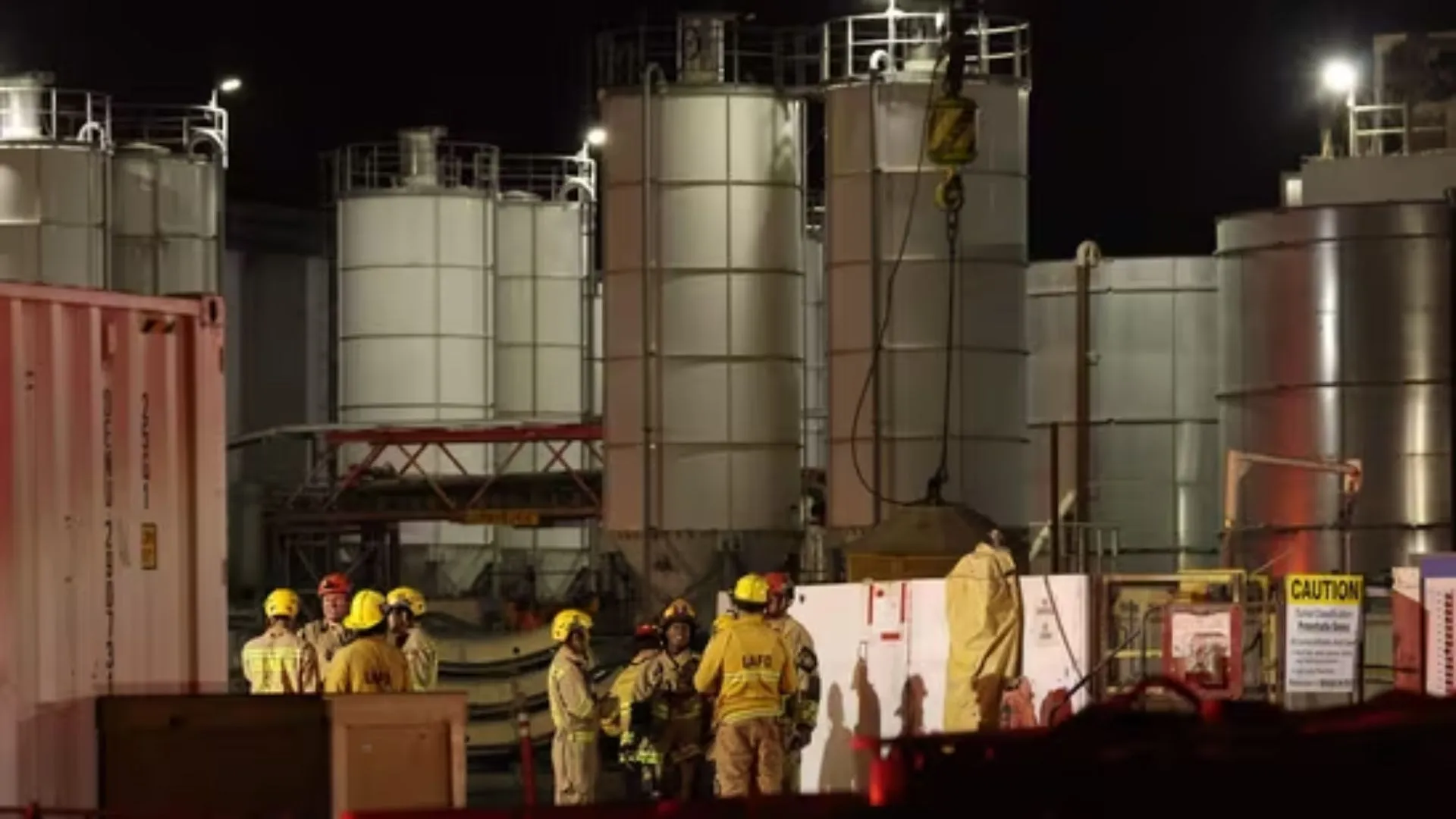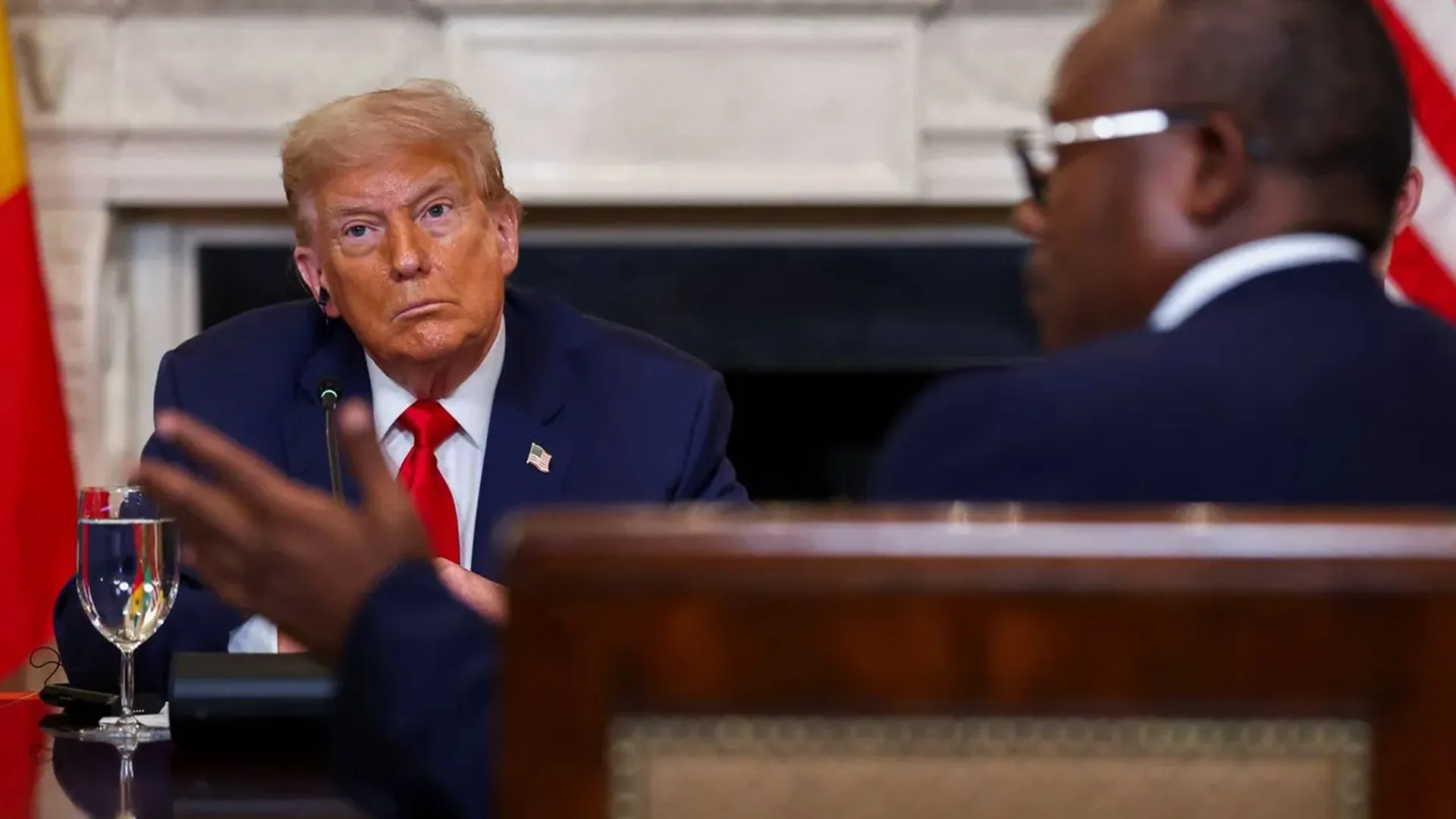Brazil’s government authorized its accession to OPEC+ on Tuesday, further solidifying its position as a leading oil producer mere months before it hosts the UN climate summit, COP30. The move comes after receiving an official invitation from the cartel in 2023.
OPEC+ comprises 12 OPEC producers and 10 other oil producers, including Russia. But Brazil will not be subject to the production quotas, Mines and Energy Minister Alexandre Silveira said. He framed the alliance as a strategic forum, adding that Brazil should never be “ashamed” of its oil output, which benefits economic growth.
President Luiz Inacio Lula da Silva has walked a line between environmental protection and an initiative for oil growth. While he has sought to stem Amazon forest destruction and advocate for Indigenous people, he has also pushed for new oil funds to support clean energy projects. Recently, he urged environmental officials to greenlight oil exploration in the vicinity of the mouth of the Amazon River, a diverse area.
Brazil, the seventh-largest oil producer in the world, produces 4.3 million barrels a day, which is 4% of world production. Crude oil in 2024 became the leading export of Brazil, taking 13.3% of the foreign sales, surpassing soy.
Critics argue Brazil’s OPEC+ membership contradicts its environmental commitments. Suely Araújo of the Climate Observatory warned that expanding fossil fuel exploration reflects outdated solutions amid urgent climate challenges. With COP30 focused on reducing fossil fuel dependence, Brazil’s move raises questions about its climate leadership.






















